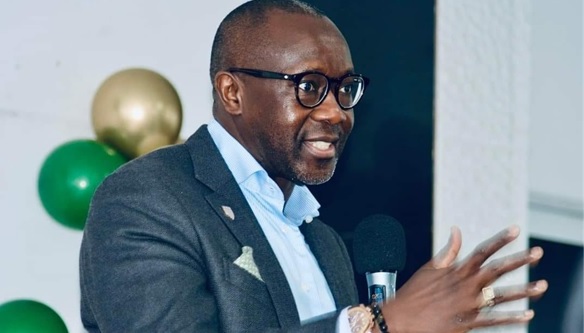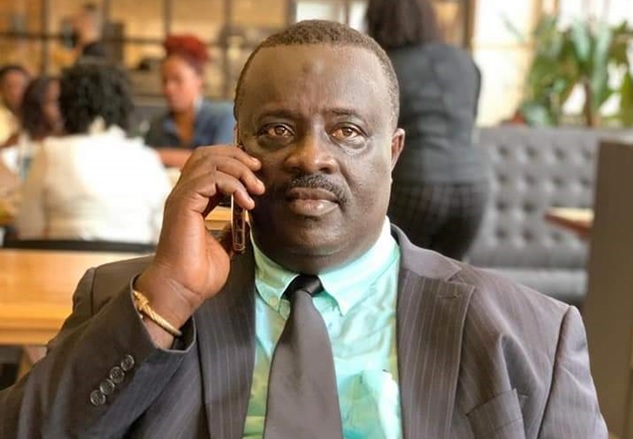MONROVIA, LIBERIA – Gbarpolu County Senator Amara Mohammed Konneh has reignited public discourse with a candid critique of President Joseph Boakai’s administration. In a reflective statement shared on his social media platform, the former Minister of Finance and Development Planning highlighted what he described as the administration’s “significant challenges, mistakes, and missed opportunities” during its first year in office. Senator Konneh’s remarks have resonated widely, drawing both support and criticism while exposing growing public frustration with the government’s perceived shortcomings.
Konneh acknowledged some macroeconomic improvements since the elections but noted a glaring lack of transformative change. He cited persistent issues such as the absence of new investments, high unemployment, escalating drug abuse, and the country’s electricity woes. These challenges, he argued, are compounded by a legislature that has become “chaotic and benign,” often serving as an extension of the executive branch rather than acting as an independent check on power. For a government that campaigned on promises of reform and progress, Konneh’s assessment is a sobering indictment.
The senator also reflected on Liberia’s geopolitical position, underscoring the uncertainty created by the growing influence of global powers like China, Russia, and the United States. He warned of the potential spillover effects from regional instability, pointing to political toxicity in Sierra Leone, upcoming elections in Côte d’Ivoire, and security issues in Guinea. According to Konneh, these external dynamics demand a more robust and strategic approach to governance—something he believes the Boakai administration has yet to demonstrate.
“Governance is like football. Sometimes, you score, and sometimes, you miss,” Konneh remarked. “It is what you do after you have missed that counts the most.” In this analogy, he urged President Boakai to embrace dissenting voices among his advisors and reevaluate his approach to addressing Liberia’s challenges. He invited Liberians to share their insights, reminding them that leaders, including the President, pay close attention to public opinion.
Unsurprisingly, Konneh’s critique sparked a firestorm of responses, with over 300 comments flooding his social media post. Some commentators agreed with his observations, while others accused him of hypocrisy or deflecting responsibility. Moriah Yeakula-Korkpor sarcastically questioned whether “missed opportunities and squandered opportunities” were the same, underscoring a sense of cynicism about political accountability in Liberia.
Others, like The Strategic Gladiators, were more scathing in their criticism of President Boakai. “Let Boakai stop acting like a saint,” they wrote. “He’s a chronic corrupt soul… he’s up for doom.” This sentiment was echoed by N. Roosevelt Innovative Davis, who called the situation “troublesome and embarrassing” and lamented the apparent lack of change despite campaign promises.
Not all responses were hostile, however. Abraham Destiny Garpehn thanked Senator Konneh for his honesty but urged President Boakai to consider major reshuffles in key government sectors. He emphasized the need for an “enabling environment” to attract investors and create jobs for Liberia’s underprivileged population. Similarly, Ben Morris called for the executive branch to address the legislature’s dysfunction, describing it as a significant embarrassment to the administration.
Yet, Konneh himself was not spared from scrutiny. Ramsey Smith questioned the senator’s fulfillment of campaign promises, particularly his pledge to provide international scholarships to young Liberians following President Boakai’s 2023 election. Smith also accused Konneh and his Senate colleagues of betraying public trust by accepting $15,000 each for a brief retreat, further fueling perceptions of corruption within the legislature.







